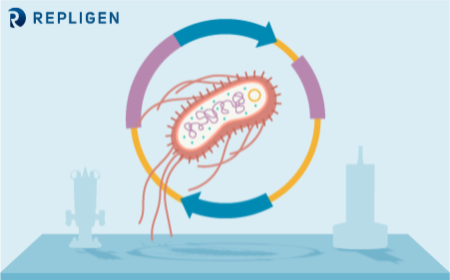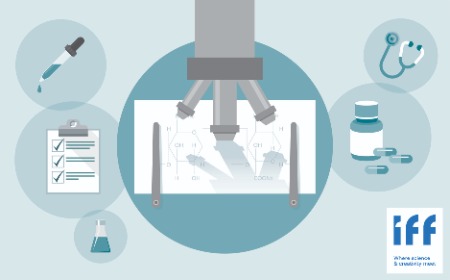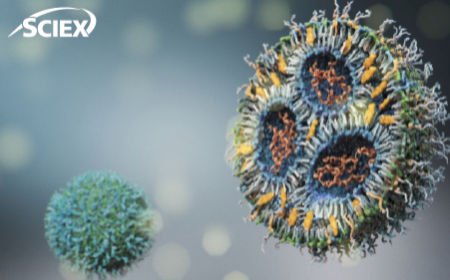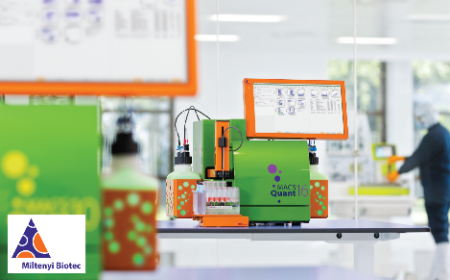Process development excellence to de-risk and accelerate commercialization of cell and gene therapies

In order to commercialize cell and gene therapies and treat large number of patients, it is important to demonstrate the safety and efficacy of these therapies and establish robust and reliable manufacturing processes. Here, we introduce some of the bioprocessing best practices applied in early development phase to de-risk manufacturing and develop commercially viable cell and gene therapies.
Following a carefully planned manufacturability assessment, appropriate development studies must be designed to implement innovative technologies with appropriate in process control and analytical monitoring methods to ensure robustness and reproducibility of the manufacturing process. It is also important to eliminate open and variable manual unit operations whilst incorporating comprehensive characterization assays in the process to verify long-term stability of the products. The development of automated, scalable, computer-controlled 3D bioreactors with appropriate downstream and cell processing technologies may be critical to minimize GMP manufacturing risks and produce high quality cell therapy products.
You might also like

Same-section spatial multiomics: a platform for detailed analysis of the solid tumor TME

Precision in production: optimizing monitoring and quality control for high-value plasmids

Advancing cell therapy: innovations in polymer-based encapsulation and delivery

Pure and simple: understanding LNP analytics for better mRNA-based drugs


